I wonder what Sarah Sands will do to Radio 4’s Today programme? She is the first editor in more than 30 years to come from outside the BBC, having previously run Evgeny Lebedev’s London Evening Standard. One assumes, then, that the BBC feels that the old war horse needs a bit of shaking up, and perhaps a slight tilting on the political rudder. Sands is, almost uniquely for the boss class of the BBC, Conservative inclined, even if she was a Remainer and is of a somewhat liberal disposition. I was rather cheered by her appointment — and said so in print — as I think she is an excellent journalist. However, one former staffer, reading these comments of mine, remarked: ‘But isn’t she exactly the sort of London-centred metropolitan liberal you so despise?’ Ah well, maybe, but they were never going to give the job to Marine Le Pen, were they?
Being from outside the corporation is at least a start. Some of the failed candidates for the post rang me up for advice, which may well be why they failed. I said that the programme had to get to grips with the new political realities — as John Birt once pointed out, it took the BBC a very long time to understand that the majority of the country rather approved of Margaret Thatcher and did not want her to fall under a bus and die, as the BBC seemed to think at the time. So it would be nice if, right now, Today did not squeal like a transgressed kitten every time a populist politician hove into view.
Besides that, I also suggested that Today needed to be more journalistically acute and ‘set the agenda’ as it once did; get Andrew Neil in as a main presenter; become a little more mischievous and cut the length of those famous 8.10 a.m. interviews. These days they drag on until about 25 past regardless of who is the subject. I mean, it’s OK if they’re interviewing Kim Jong-un or Angela Merkel. Less compelling if it’s Tim Farron, frankly. Incidentally, during the time I was editor of the show we interviewed some candidates for the position of senior producer. The first question was this. Given a choice of anyone in the world, living or dead — Jesus Christ, Einstein, Shakespeare, Putin, Mandela — to interview for that 8.10 slot, who would they choose? One aspirant woman replied: ‘Oh, definitely Douglas Alexander.’
Away from Today, Radio 4 (with which the programme has a sometimes fractious relationship) is still at its best in the short stuff it puts on, the programmes which slot in around its big production numbers. The quirky documentaries, occasional gobbets from The Listening Project and of course Poetry Please — an oasis of serenity. This is especially the case when the channel manages to unearth some bona fide obsessives, as it did with Samira Ahmed’s fine documentary Do Pass Go (Friday). This was a half-hour investigation of the recent and perhaps counterintuitive popularity of board games — an analogue riposte to the digital revolution, as Ahmed suggested.
There are board-game clubs springing up in all of our major cities and the aficionados are a little sniffy about even the most challenging of those jejune board games we once played — such as Risk, or Go. Currently very hip and popular is a game about two rabbits — named Kune and Lakia, since you asked — getting divorced. The point of the game is to ensure the most advantageous divorce settlement through the dividing up of assets. Then there is Agricola, a game about farming, which sounds about as interesting as the country from which it originated, the Netherlands. Most popular of all is Pandemic in all its many variants. Here the gamers must battle four lethal viruses which threaten to destroy the world — however, the quirk is that they must do so co-operatively — no winners, other than mankind. No good for me, then. Nothing beats the satisfaction of hammering one’s children out of sight in a game of Risk or Monopoly. It is a vital means of lowering their self-esteem.
More obsessives were on parade on Radio 3 in the latest broadcast from the excellent Free Thinking Festival: Taking the Long View with the Animal Kingdom (Thursday). It was fascinating. Phyllis Lee has been studying elephants for years, the very likeable Tim Birkhead studying guillemots for even longer. We learned about their respective mating patterns and, with the guillemots, the role of the father in teaching the offspring to fly and hunt while the mother shags the next door neighbour. Birkhead is very pro guillemot. Asked to compare his speciality creatures with puffins he sighed, paused and said: ‘God… puffins are boring.’
Got something to add? Join the discussion and comment below.
Get 10 issues for just $10
Subscribe to The Spectator Australia today for the next 10 magazine issues, plus full online access, for just $10.
You might disagree with half of it, but you’ll enjoy reading all of it. Try your first month for free, then just $2 a week for the remainder of your first year.


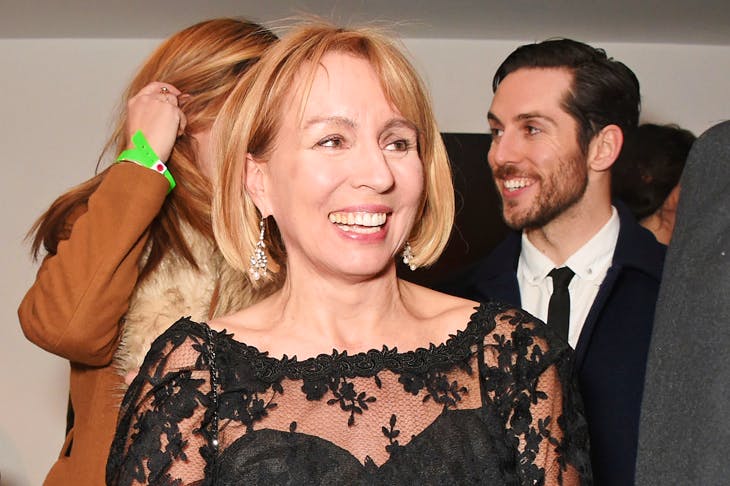
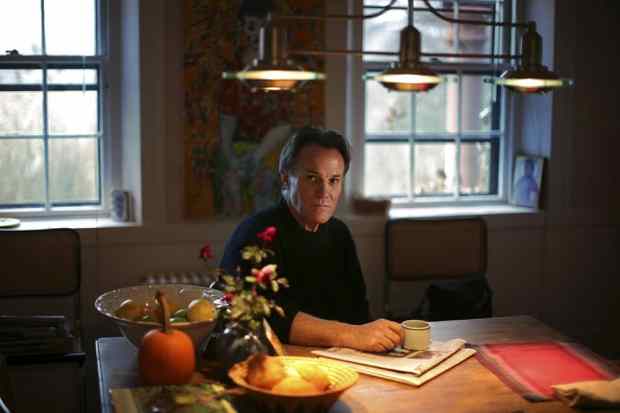

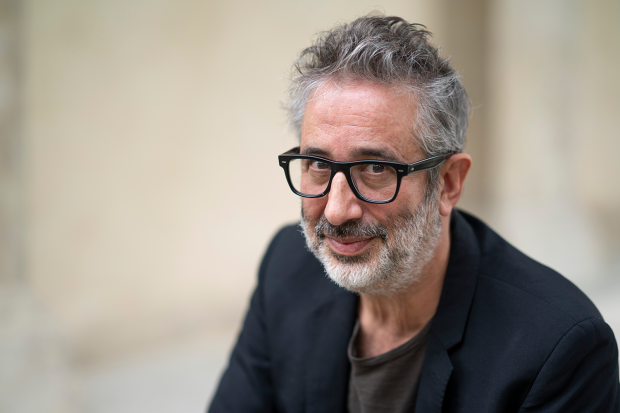

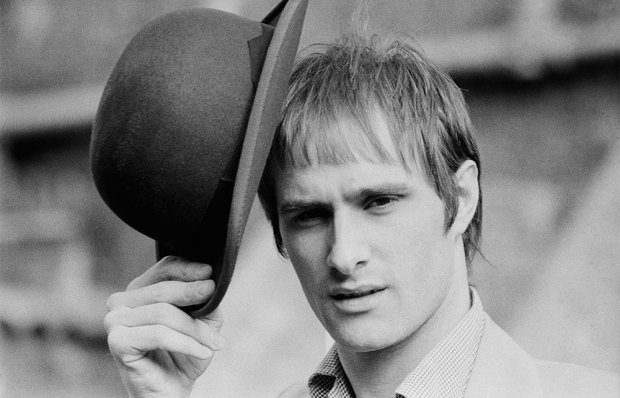
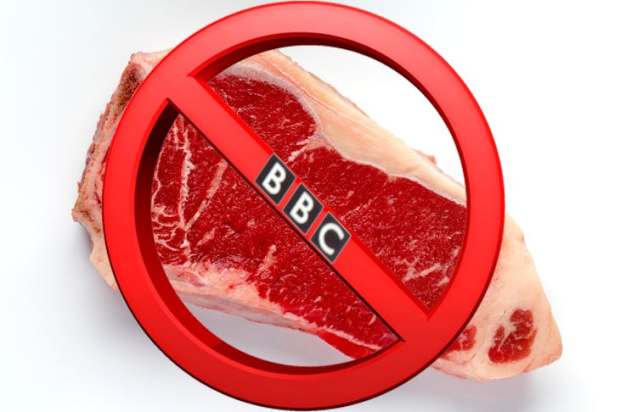






Comments
Don't miss out
Join the conversation with other Spectator Australia readers. Subscribe to leave a comment.
SUBSCRIBEAlready a subscriber? Log in